From driving across India as a wide-eyed 21-year-old, to sleeping under the desert skies of Oman with just the stars - and scorpions - for company, Dr Rita Gardner has enjoyed a career that wouldn’t look out of place in an adventure novel.

And the passionate geographer has revealed some of the highlights of her professional life after being awarded an honorary doctorate from Liverpool Hope University.
Dr Gardner is the current Chief Executive of the Academy of Social Sciences, an organisation that champions and promotes the social sciences, subjects that are crucial to the UK’s future but are perhaps little understood outside academia.
Before this role she was installed as the first woman Director of the Royal Geographical Society since its formation in 1830, a post she held for 23 years between 1996 and 2018.
Yet Dr Gardner’s success hasn’t come from a position of privilege.
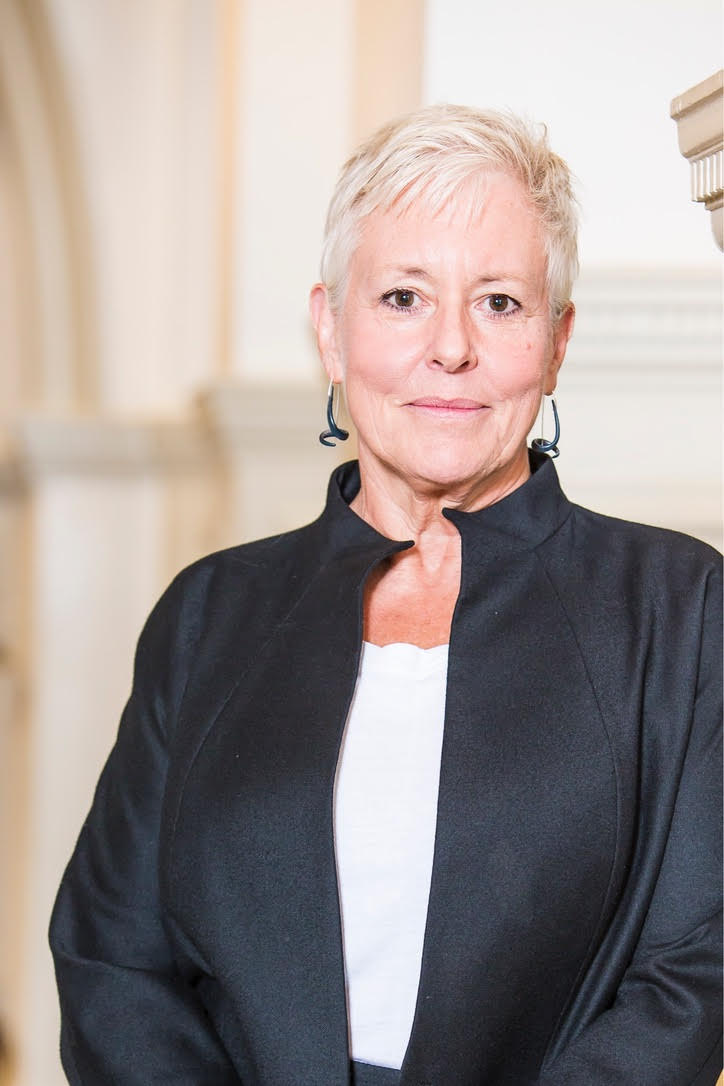 She grew up on a council estate in north London and when she went to university - to study geography at University College London - she was the first person in her family to have ever done so.
She grew up on a council estate in north London and when she went to university - to study geography at University College London - she was the first person in her family to have ever done so.
A doctorate at prestigious Oxford University followed, as well as a Lectureship in physical geography at King’s College London and Readership at Queen Mary, University of London.
And from the late Seventies on, Dr Gardner’s field research took her to some of the world’s most remote and beautiful regions, as she scrutinised the nature and impacts of environmental change.
Her work has not gone unnoticed.
She was recognised in 2003 with a CBE for ‘services to geography’, and also received the highest accolades from the Association of American Geographers (2015), the Royal Scottish Geographical Society (2016), and the Royal Geographical Society itself in 2021 with the award of the Patron’s Medal.
Here, in an interview with Hope, Dr Gardner lifts the lid on her drives and motivations, and picks some of the standout moments from her career so far:
You’ve worked to champion the social sciences, particularly geography. Why are these disciplines so important?
The social sciences, including geography, are about understanding people, place, economy, community and sustainability – our contemporary human world. This matters at all times and is often exceptionally important in times of turbulence. What we’ve seen with the pandemic is people coming together as communities to support each other and to share the burden of suffering. And it’s reminded us, I think, about the importance of society and community. At the same time in Ukraine we’re seeing communities really getting behind their nation in an amazing way. Of course, it’s an awful way to bring people together, but times of great stress remind people affected and the millions of onlookers about their responsibilities in the community, and how important an understanding of community, society and human behaviour is.
The social sciences focus on understanding how society works - how we’re all a part of it, and how we all have a responsibility to it. They contribute greatly to understanding and helping solve many of the big challenges facing the UK, from sustainability and climate change to rebalancing regional economies and enhancing business development. So actually, if you think about it, we spend our lives surrounded by social science. Yet most people don’t make the connection between their day-to-day lives and social science. Why does it matter? It matters to us as individuals, but it also matters to us as voters, because a lot of government policy has social science at its heart, and as citizens in understanding the places we live and work in.
Do the social sciences also have the power to rebuild in the wake of upheaval?
Yes, they can. The social sciences don’t just inform and explain, they are applied actively too in designing policies and practical solutions. In a policy sense, for example, social science provides evidence for governments that listen to such research. It’s why I do my current job, because the social sciences are so useful and so fundamental to our lives.
You’re passionate about the natural landscape - do you think the pandemic helped people to really connect with their local environments?
I think so. It’s something I hear from universities, which have embraced the ‘local’ much more during the pandemic. For some universities, like Hope, doing so is a given, as it’s embedded in your DNA but some other universities are less connected to their local communities. In terms of people, when you’re in lockdown, where do you go? You walk around your local area. And I’ve heard so many people say, ‘Gosh, I didn’t know this was here’ when they’ve really taken the time to look. At the Royal Geographical Society (RGS) we did a series of ‘Discovering Britain’ walks; I actually came up to Liverpool and co-wrote the Liverpool ones. We had people saying, ‘I’ve lived here all my life, but I never knew about this’. It’s not just about what you see, it’s about identifying with your local area because you’re so much more embedded in it. For me, it’s been enriching to have to focus on the local, the small-scale. I’ve spent my life travelling to remote, amazing places, but to have the opportunity to see the seasons change through the year, and to be in one place every day, was wonderful, as it was to explore footpaths just around the corner that I didn’t know existed.
You’re co-author of the popular book Discovering Landscape in England & Wales, among other publications about the natural world - but what really is your favourite British landscape?
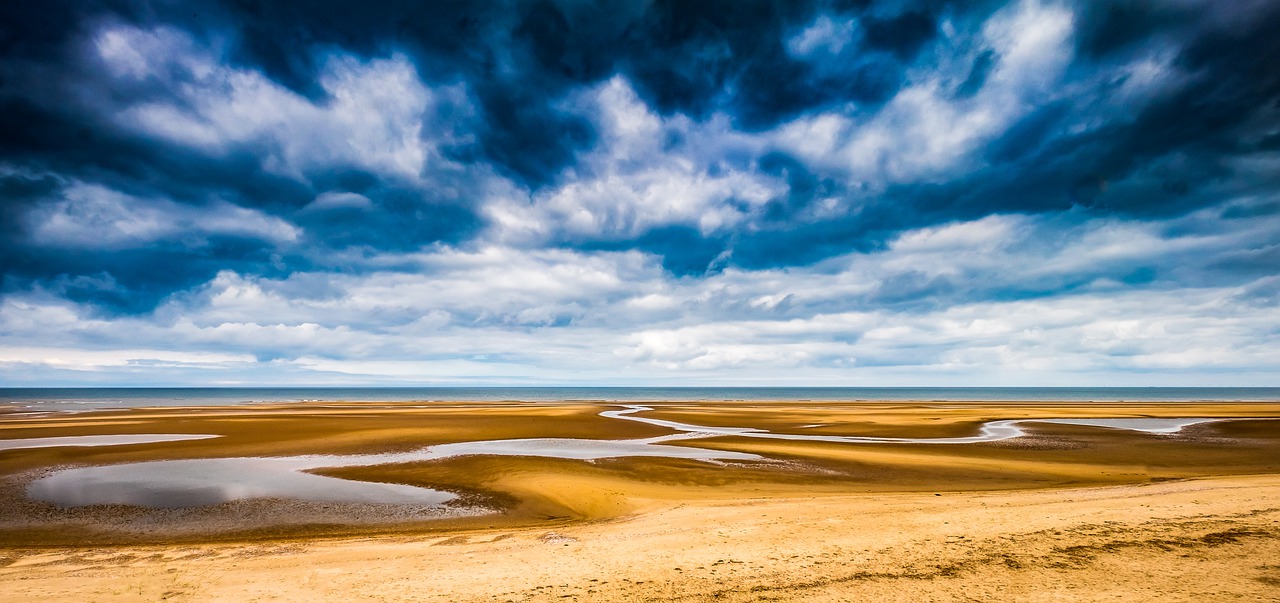 I would go to the beautiful sand dunes and gorgeous beaches of north Norfolk. These are wide open spaces, shingle and sand mixed beaches, backed in many places by sand dunes and pine forests, and I used to run wild there as a child. We had a caravan in the local caravan park in Wells, near Holkham National Nature Reserve, and this is where my love of geography began. It instilled in me a love of landscape and for the feeling of freedom that you get from being in the landscape. And, hence, I became a physical geographer. Landscapes are uplifting, and I enjoy being in uplifting places.
I would go to the beautiful sand dunes and gorgeous beaches of north Norfolk. These are wide open spaces, shingle and sand mixed beaches, backed in many places by sand dunes and pine forests, and I used to run wild there as a child. We had a caravan in the local caravan park in Wells, near Holkham National Nature Reserve, and this is where my love of geography began. It instilled in me a love of landscape and for the feeling of freedom that you get from being in the landscape. And, hence, I became a physical geographer. Landscapes are uplifting, and I enjoy being in uplifting places.
Tell me about your adventures in India…
I completed a PhD in Oxford, but my fieldwork was done in India. It was 1977, three weeks after I’d passed my driving test - no, I’m not kidding. My supervisor had arranged for a contact of his in India to buy a car for me to loan. And so I arrived in Mumbai, having never been anywhere abroad other than a hotel in Spain with my parents, alone and with no support. The car was a big, 1950s style, Morris Oxford with clunky gears. No-one had told me that you’re supposed to have a driver in India - but still I set off and drove from Mumbai to Chennai, a thousand miles from west to east. There were no maps of India at that time because they were so security-conscious. And so there I was, 21 years old, unchaperoned, un-married, I didn’t speak the language, using a few scribbled notes from a friend directing me where to go.
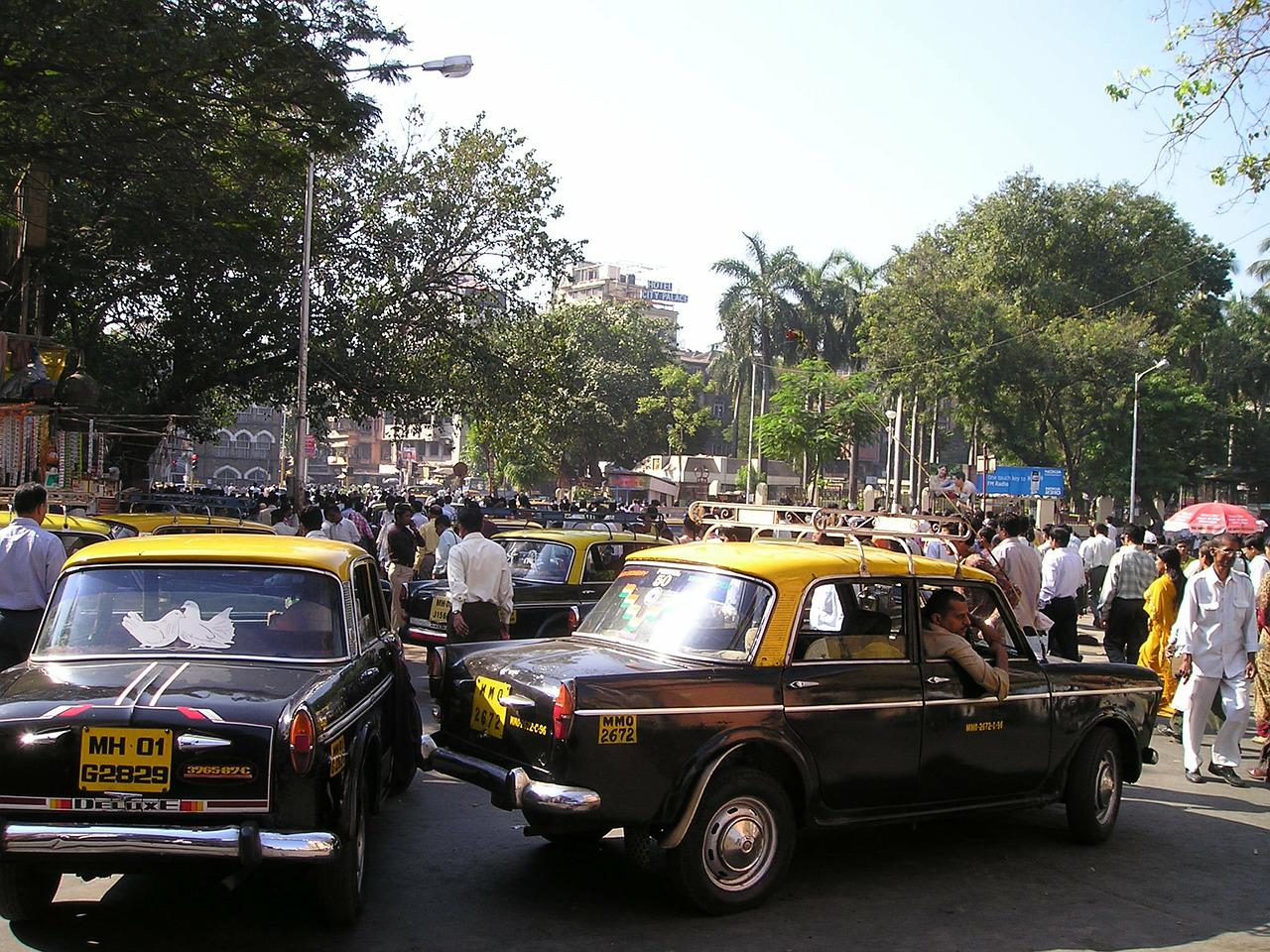 It was total and complete naivety. But the people of India are so wonderful they just wrapped me up and looked after me. I spent nine months in India completing fieldwork assignments, working my way along the coastline and through the villages of southern India, studying climate change. The experience was pretty tough, but it also brought out a resilience in me I didn’t know I had. And I was determined to succeed and survive! Those experiences are really important, not just how they open up your mind about the world, different cultures, and values, but also important in showing you that people are people – the same - the world over.
It was total and complete naivety. But the people of India are so wonderful they just wrapped me up and looked after me. I spent nine months in India completing fieldwork assignments, working my way along the coastline and through the villages of southern India, studying climate change. The experience was pretty tough, but it also brought out a resilience in me I didn’t know I had. And I was determined to succeed and survive! Those experiences are really important, not just how they open up your mind about the world, different cultures, and values, but also important in showing you that people are people – the same - the world over.
What about some other highlights from your work?
Oh, there’s so many. The biggest of course was envisioning and leading the many major developments at the Royal Geographical Society, working there with wonderful colleagues and with the geography community as a whole. We brought about major changes in what the Society does to support geography and geographers, in geographical education, in the recognition of professional geographers, and in how geography is perceived as a vital discipline for the 21st century. We achieved much collectively and while it was hard work, it was also fun, challenging and hugely rewarding. Such a privilege to hold that role at an important time in the Society’s and geography’s history.
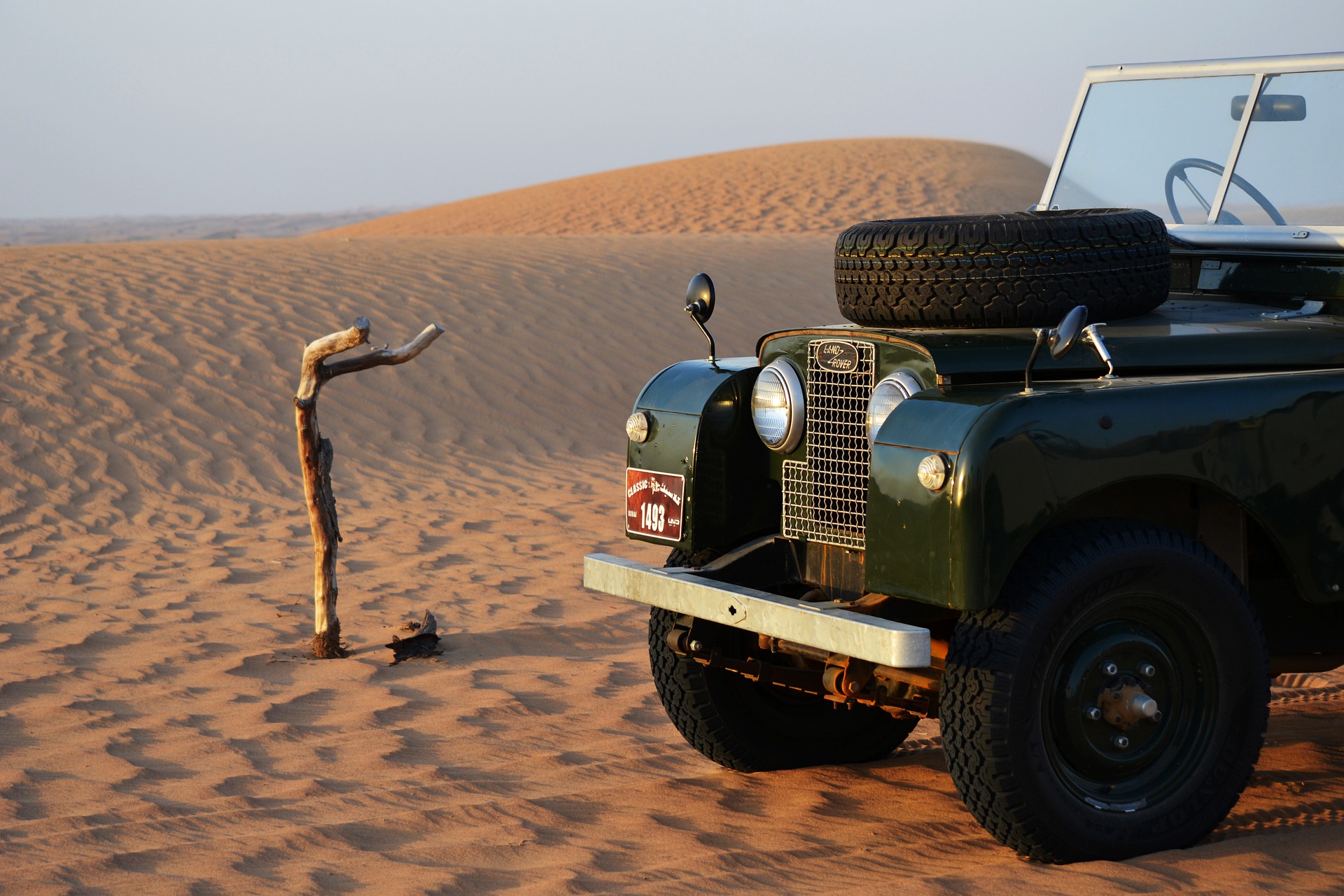
Another, very different highlight, was spending three months out in the deserts of Oman studying the history of the desert - how it evolved and what it told us about climate change in that part of the world. There was no tented camp for us, just a couple of Land Rovers, some support from the Omani Army, and three of us in bivi bags sleeping on the dunes at night. You’d look up and you’d be surrounded by stars, because there’s obviously no light in the middle of the desert, and you’d have this amazing sky above you. The peace, the tranquillity, and the sheer scale of it was just awesome. You think back on how many hundreds of thousands of years the deserts have taken to form, and it gives you perspective.
Of course, you have to be careful about snakes and scorpions…
Driving Land Rovers across 200ft high dunes had its challenges, too. You’d look across the top of the dune first, drive up the windward face, then go over the top onto the slip face, when you’re at 30 degrees, and you’d have to apply just the right amount of gas to keep you out of trouble.
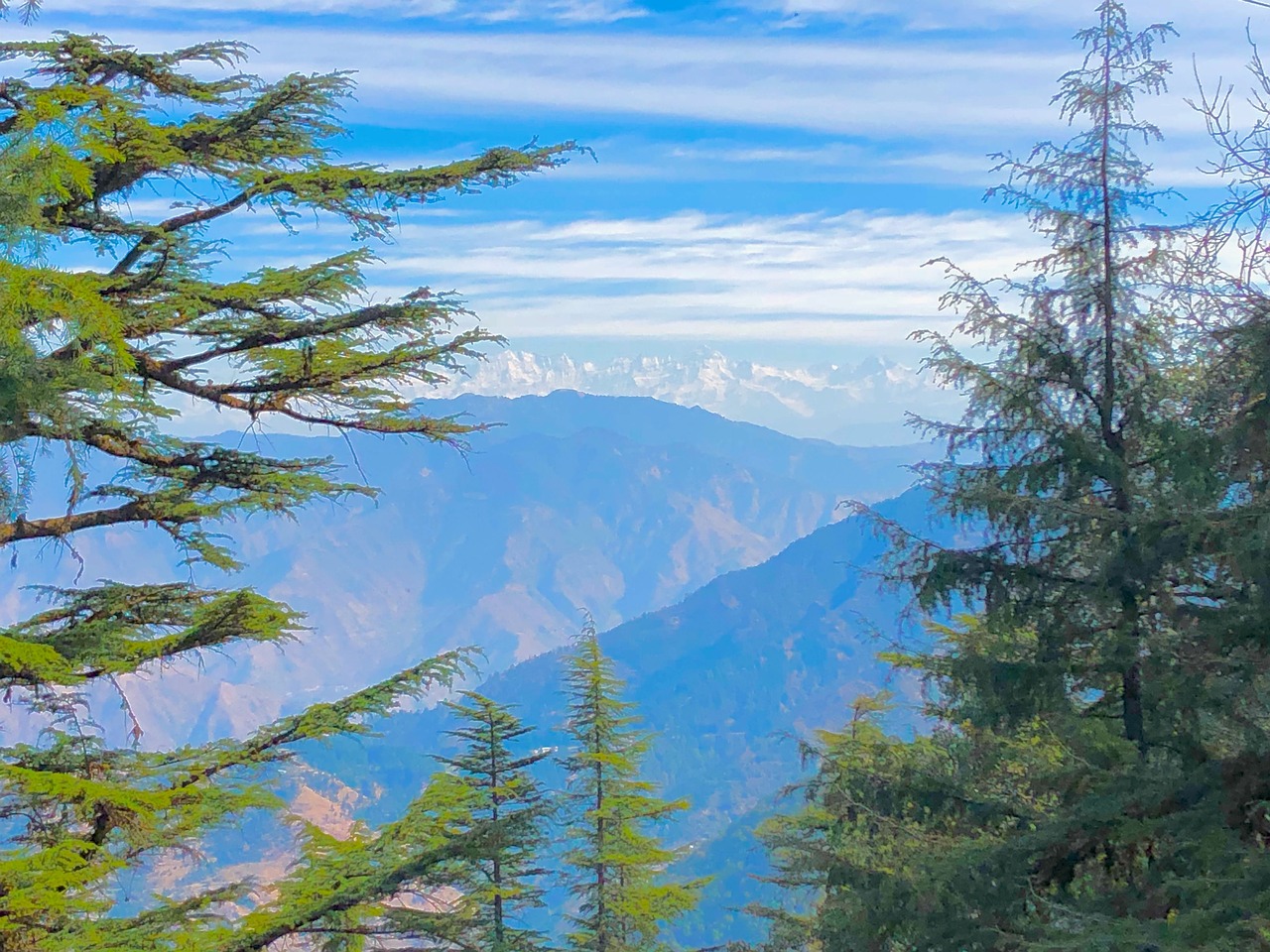
Another different highlight was working in the Himalayas, trying to find an answer to the question of whether farmers in Nepal were accelerating soil erosion. At the time there was little collected data, no-one had systematically studied whether farming practices across entire fields and valleys were causing excessive erosion, so we were the first group to go out there and provide such measurements. We worked in a valley 20km north of Kathmandu where there were no roads. The base of the valley was at 600m, the crest of the surrounding hills at 3,000m, and that was one awesome field area. We had a brilliant network of young village women - deliberately employed to provide opportunities to them - who used to do a lot of the day to day data collection for us. The ability to be able to empower young women was extraordinary, as was the enormous amount of pride they took in their work.
And how does it feel to get this honorary doctorate from Hope?
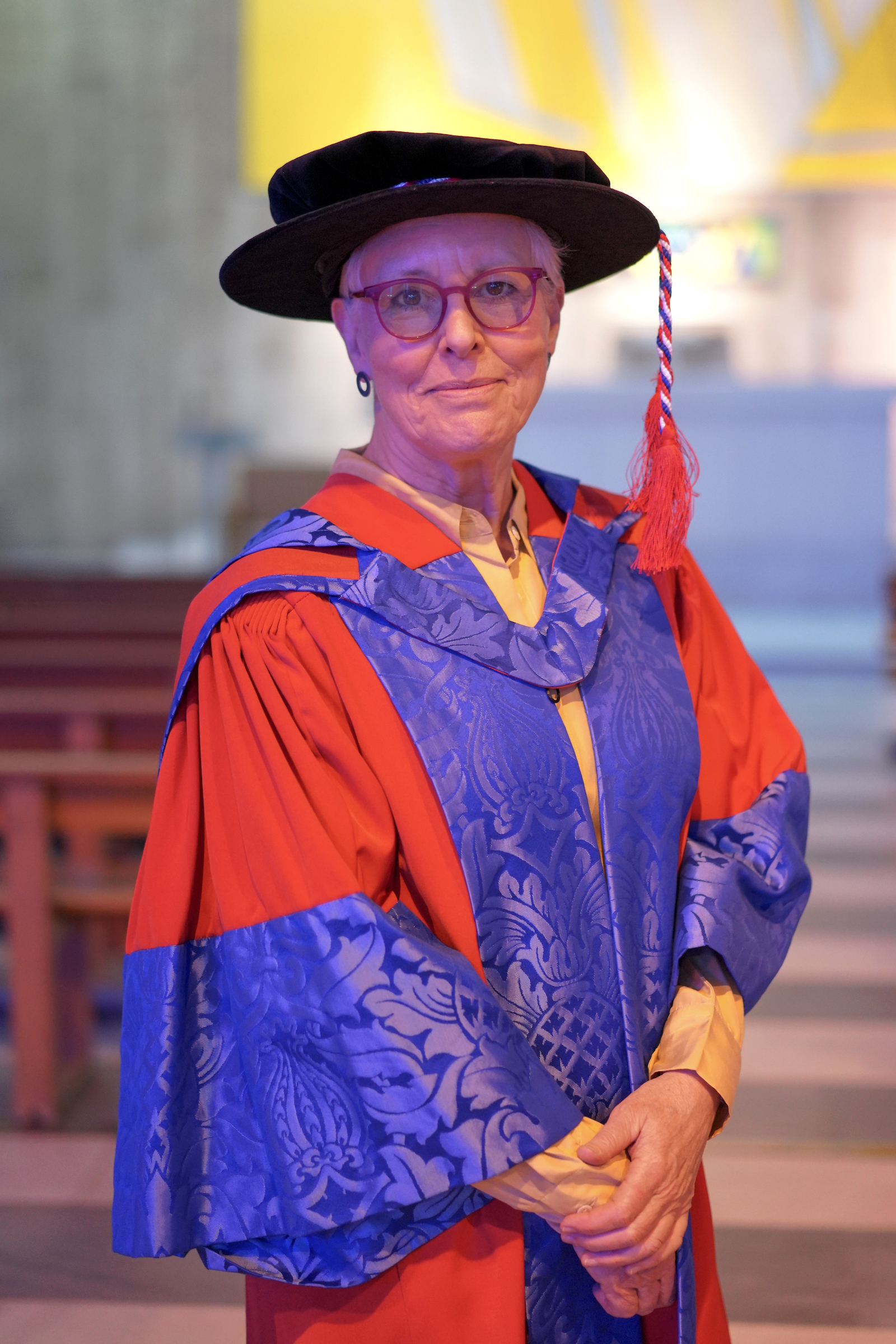
It’s amazing, and it’s a real honour to be recognised independently by other people for what you’ve done. But I think, more importantly than that, it’s really good if you can be a bit of a role model for future generations. I want people to see that you can come from quite humble beginnings and succeed. All of my grandparents were in service - they were gardeners, or maids, for example - and my dad was a foreman. I was the first in the family to go to university. But my parents always supported education as something that’s really important and it has made me who I am today. I’m an absolutely passionate supporter of people being able to go to university. It has been my route to social mobility and it’s a vital route for many other people as well.
** Find out more about the Academy of Social Sciences.



